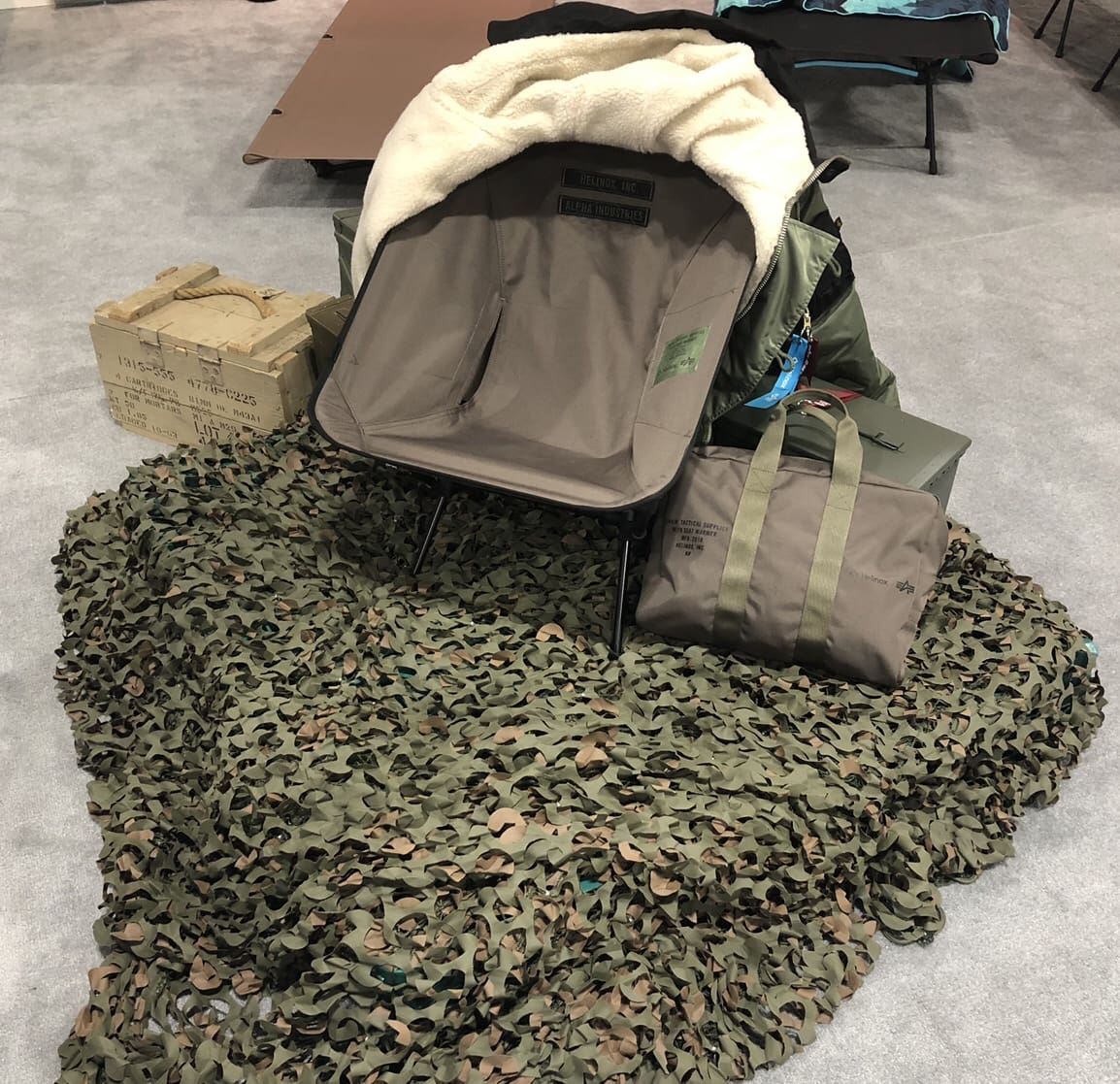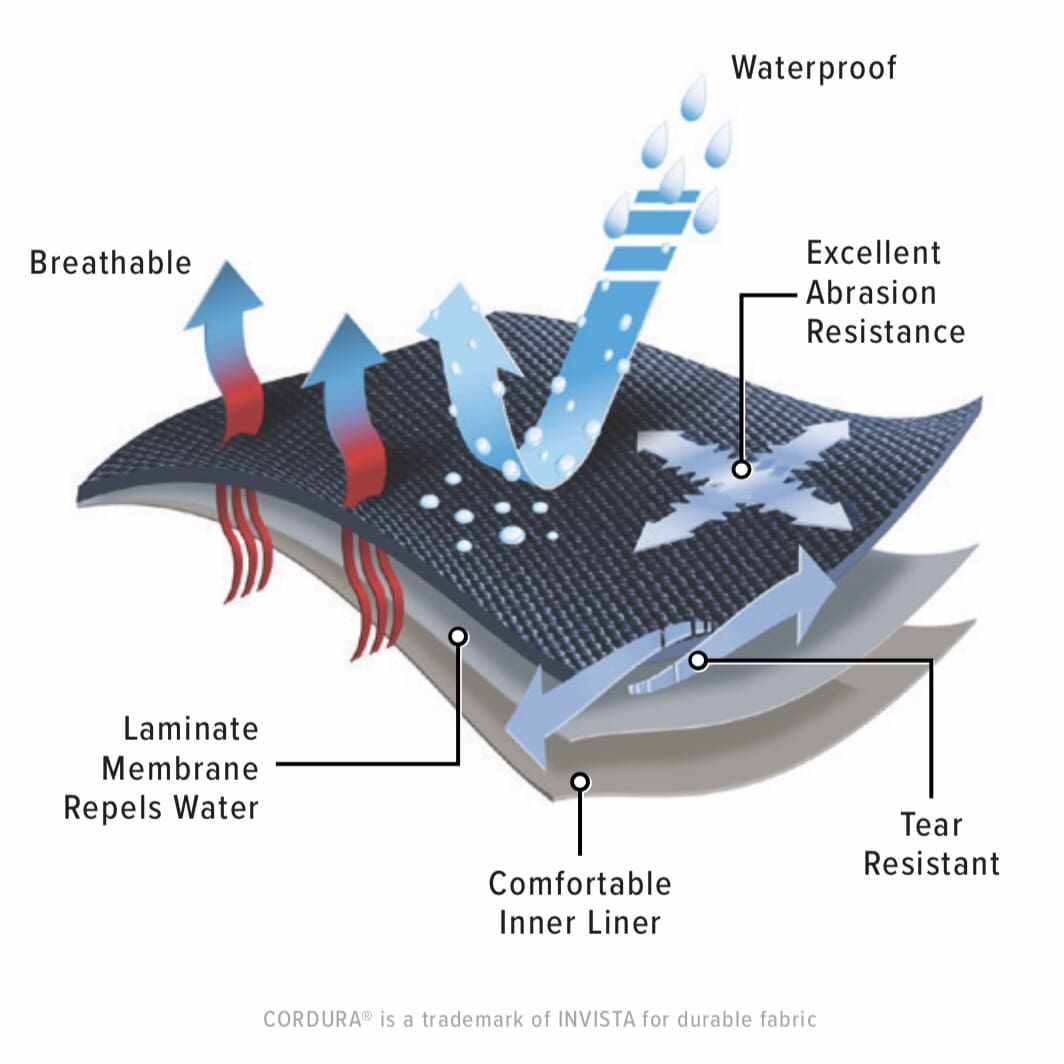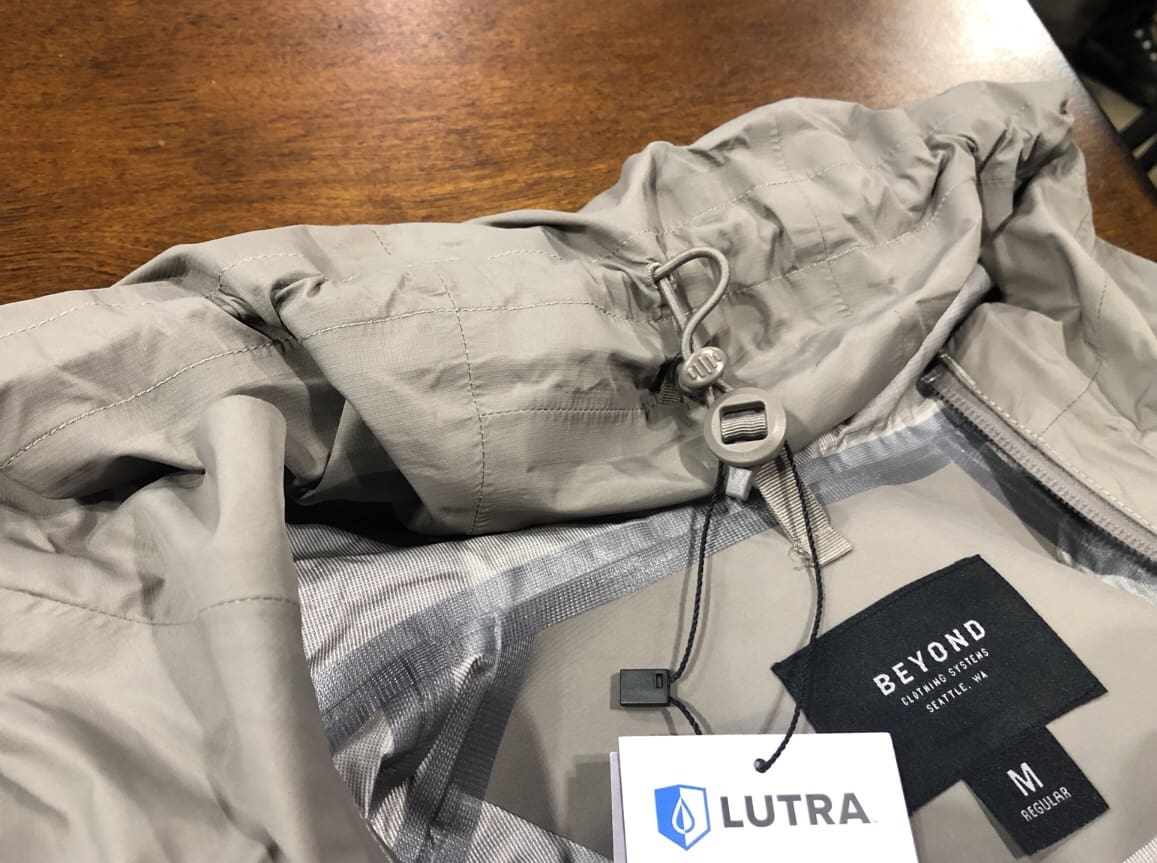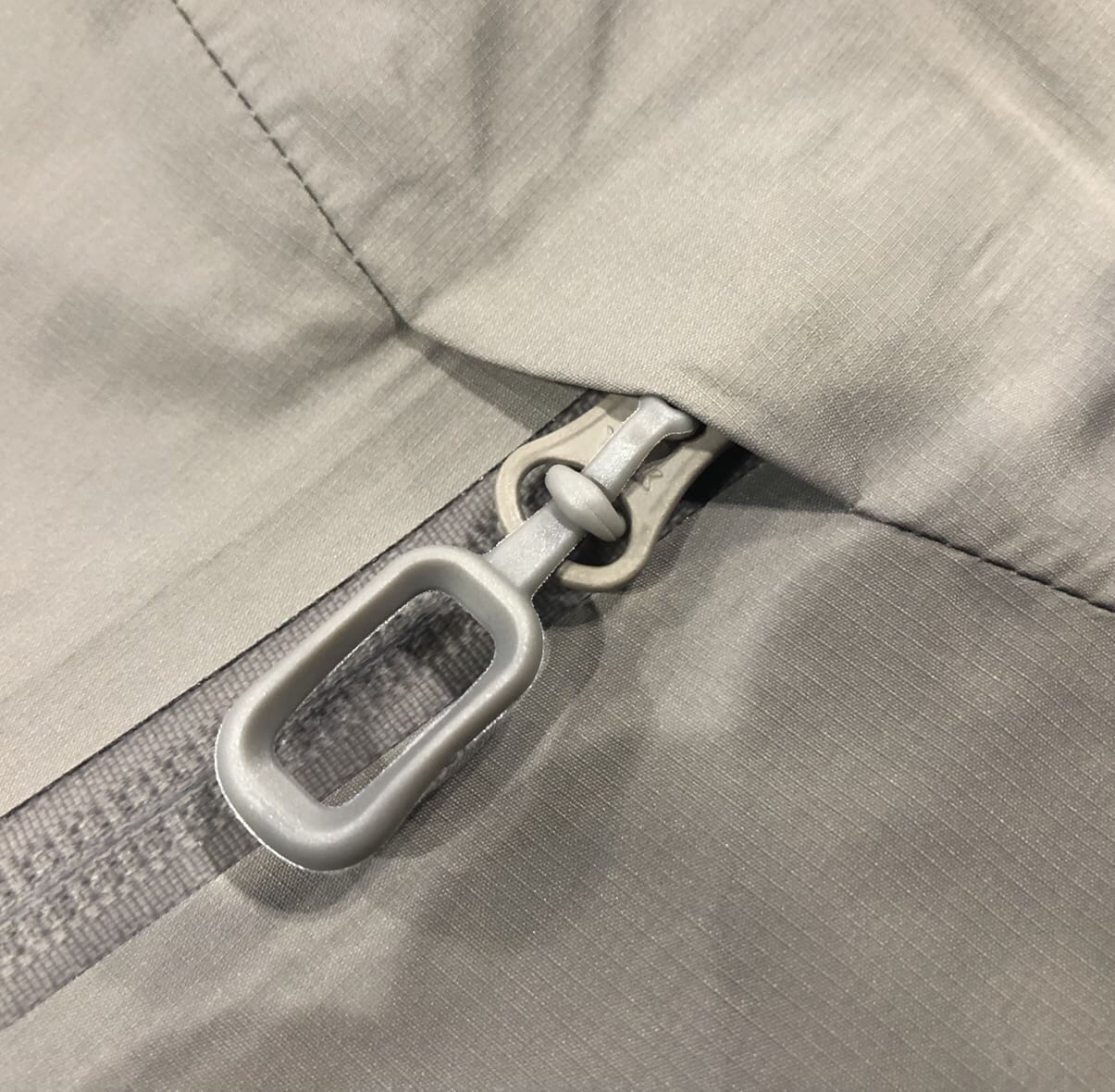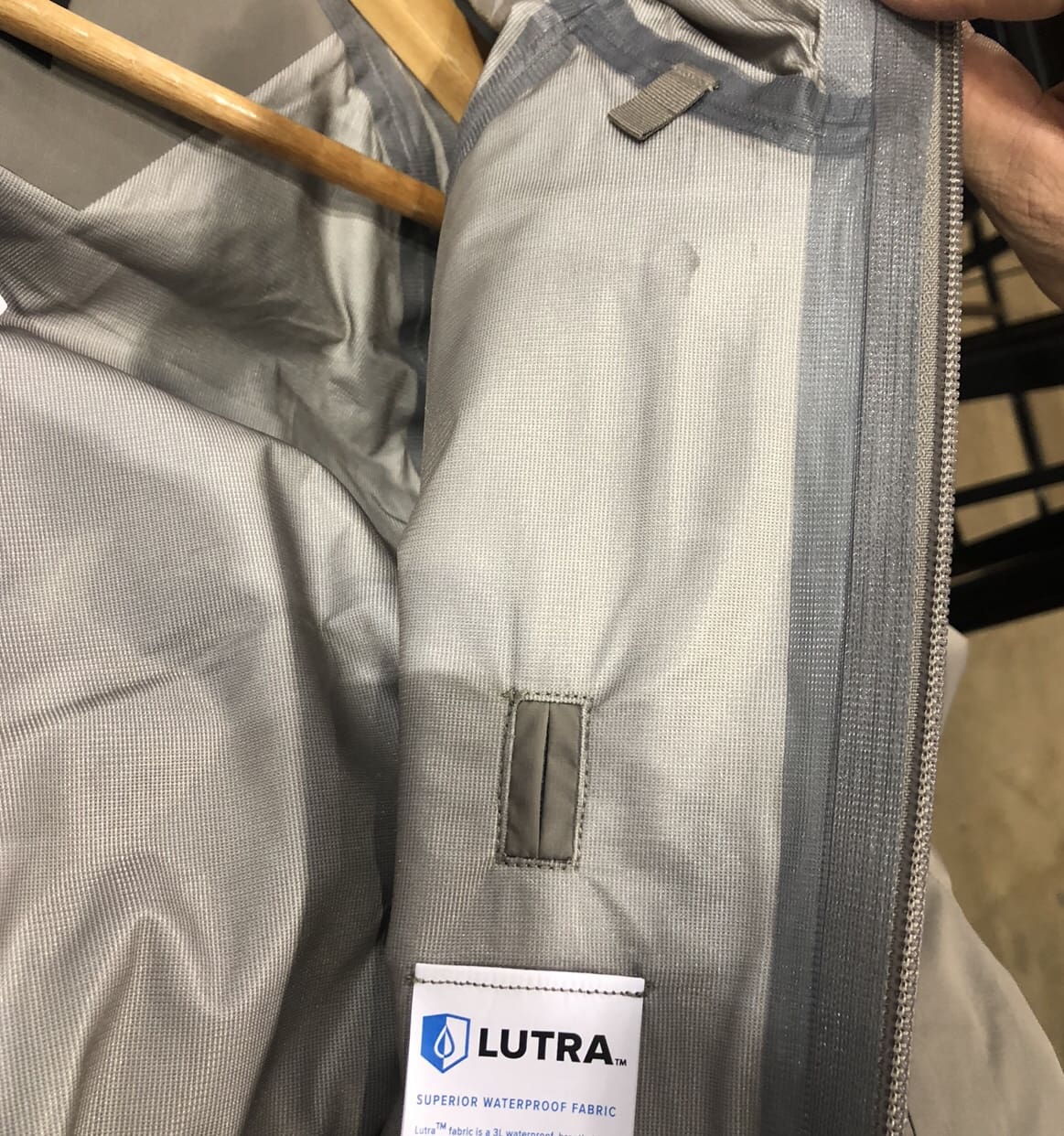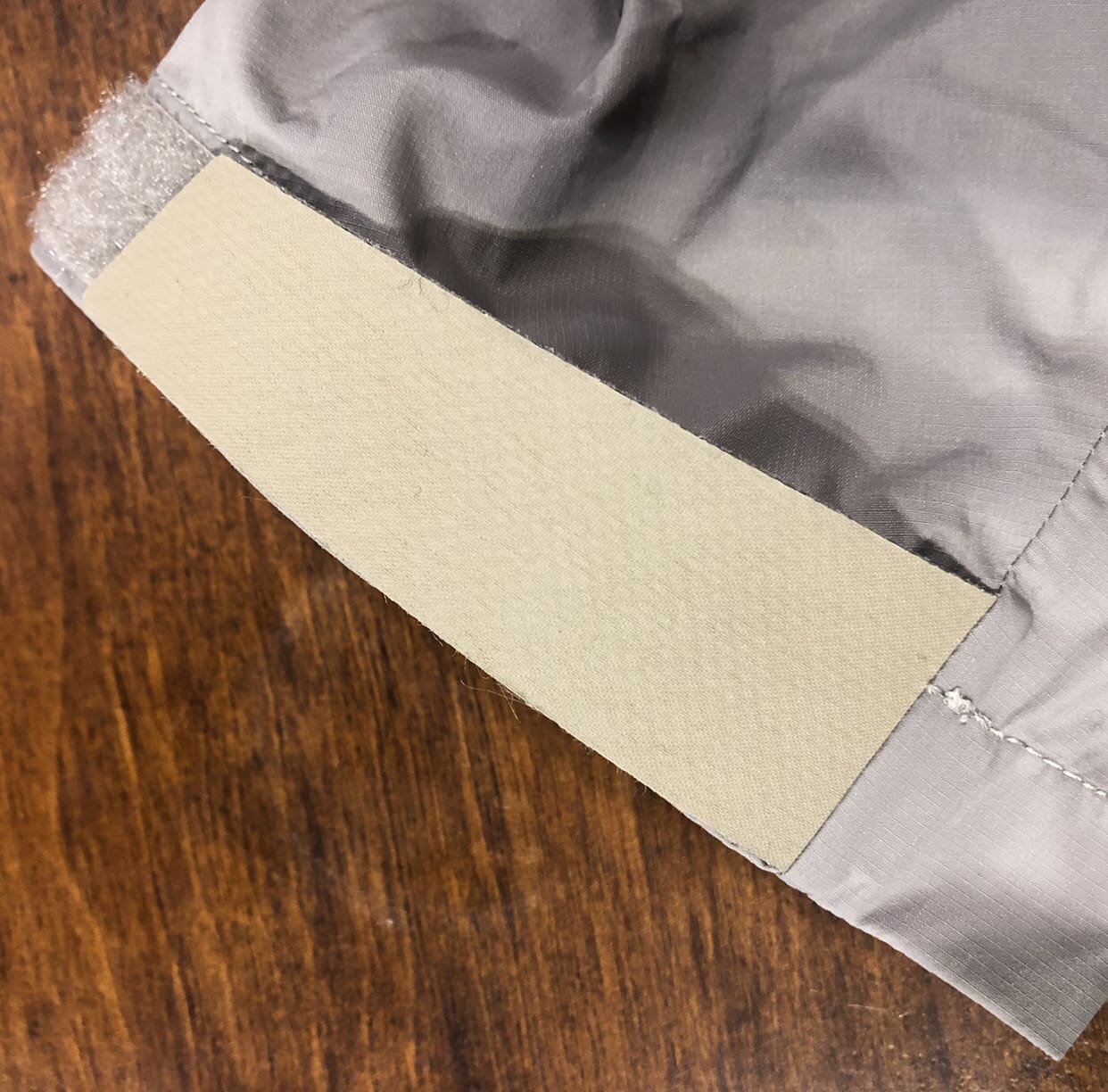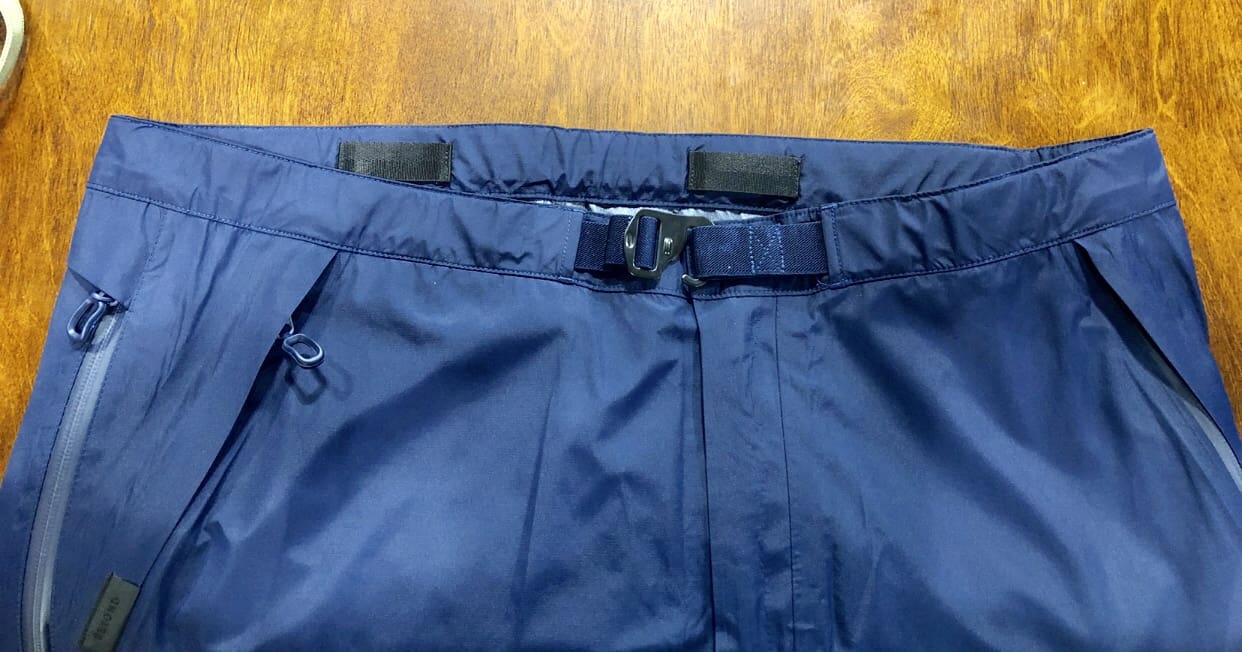Columbia, SC, November 9, 2018 – Panteao is happy to announce the upcoming release of a new video title from instructor Larry Vickers from Vickers Tactical and Jeff Cahill, owner of Tango Down. The new video titled, “Glock Armorer’s Bench”, is intended to be a thorough look at the Glock pistol. In the video we review the different Glock variants, nomenclature of the pistol, field disassembly, cleaning and lubrication, reassembly and safety function check, cycle of operation, maintenance and troubleshooting, magazine maintenance, complete detailed disassembly, a wide range of accessories, and a look at customized versions of the Glock. If you own a Glock or are in the market for one, this video is a must watch.

Glock Armorer’s Bench with Larry Vickers and Jeff Cahill will be able to be watched online via a PC or Mac, on a smartphone or tablet using the Panteao Make Ready Android and iTunes apps, or on television with the Panteao Make Ready channel on Roku, Amazon Fire TV and Apple TV. For more information on how to stream the Panteao videos, visit: panteao.com/streaming-video-ways-to-watch
The video will also be available on DVD and Digital Download formats. For more information on this title, visit Panteao at:
panteao.com/product/glock-armorers-bench
